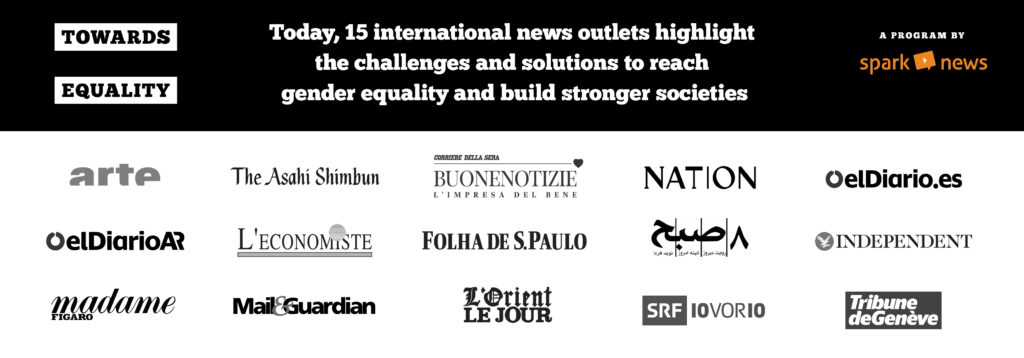Charlotte Kneer, chief executive of Reigate and Banstead Women’s Aid refuge. (Paul Craig)
“I had £10 to my name when I left my abuser,” Ava* says. “Getting a free train ticket was what guaranteed my safety. I didn’t know where I was going but I started to feel a sense of confidence. The kids were enjoying how fast it was going. It was the first time they had been on a train. Now I feel like my life has started again.”
Ava is one of hundreds of domestic abuse survivors who was given a free train ticket to escape her abusive partner and seek refuge in a shelter. The scheme, called Rail to Refuge, launched across the UK in March last year, and has been used widely as domestic abuse has soared in the wake of Covid-19 lockdown measures.
Data shows 1 348 people have used the programme, which is equivalent to four domestic abuse survivors a day. The joint scheme between British rail companies and charity Women’s Aid had been due to finish in March this year, but it has now been prolonged.
Ava, who used to work for the National Health Service, says she was subjected to physical, emotional, financial and sexual abuse at the hands of her former partner. She said he has since been charged with coercive control and rape by the police.
“He was expecting sex every day,” the 37-year-old adds. “If I didn’t give it to him, he would leave and not come back for a few days and I would be left without food for the kids.”
Ava says she does not think she would still be alive today if she had stayed with her former partner. Statistics show women are at the greatest risk of homicide at the point of separation or after leaving a violent partner and that a woman is killed by a current or for partner every four days in England and Wales.
Charlotte Kneer, chief executive of Reigate and Banstead Women’s Aid refuge in Surrey, where Ava fled to, told The Independent the scheme providing free train tickets is “life-saving”.
Kneer added: “The scheme could have saved hundreds of women’s lives. Ninety percent of women in our refuge are there because they are at risk of murder from their partner if they were to remain in their own home.”
She noted the initiative was the brainchild of a railway worker who happened to have watched a Channel 4 documentary about her refuge.
*Name changed to protect identity
If you are in South Africa, you can call the National Shelter Movement of South Africa’s 24-hour toll-free helpline on 0800 001 005. The helpline is staffed by experienced social workers, who will offer advice and help to victims of gender-based violence.
This article is being published as part of Towards Equality, an international and collaborative initiative gathering 15 international news outlets to highlight the challenges and solutions to reach gender equality.

